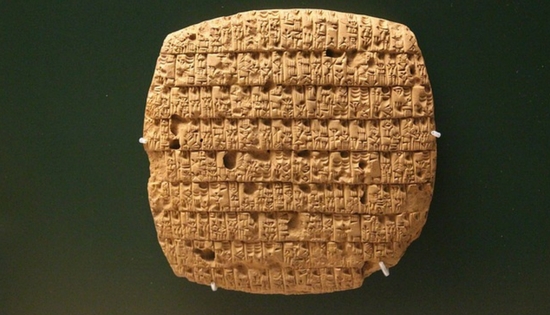

| Online: | |
| Visits: | |
| Stories: |

| Story Views | |
| Now: | |
| Last Hour: | |
| Last 24 Hours: | |
| Total: | |
Ancient Babylonian Banking and Our Modern Financial System

schiffgold.com / BY SCHIFFGOLD / MARCH 13, 2017
Ancient Babylonia is known as the “cradle of civilization,” because it helped develop many important parts of our modern society, from laws (Code of Hammurabi) to advancements in astronomy and architecture. It also helped establish rules and procedures that have influenced modern day banking institutions. A quick look back at Babylonian finance provides insights into the basics of how our financial systems work today.
Social Divisions
For many Babylonians, society meant you were born either as someone who owned land or someone who worked on it. Although individual rights within Babylonia pale in comparison to our own liberties today, many people were legally free. That is, having no required allegiance or ties to kingships, courts, or religious institutions. This was a relatively new development for society. The legally free made up the majority of the private sector economy, which included landowners and hired labor.
Even though the growth of private enterprise and a merchant class had begun to emerge, palaces and temples continued to own large portions of land worked by indentured servants who promised military or civil duties in exchange for land use. Essentially, these were tenant farmers who promised to protect the current ruler or religious group who owned the land.
The post Ancient Babylonian Banking and Our Modern Financial System appeared first on Silver For The People.
Source: http://silveristhenew.com/2017/03/13/ancient-babylonian-banking-and-our-modern-financial-system/


